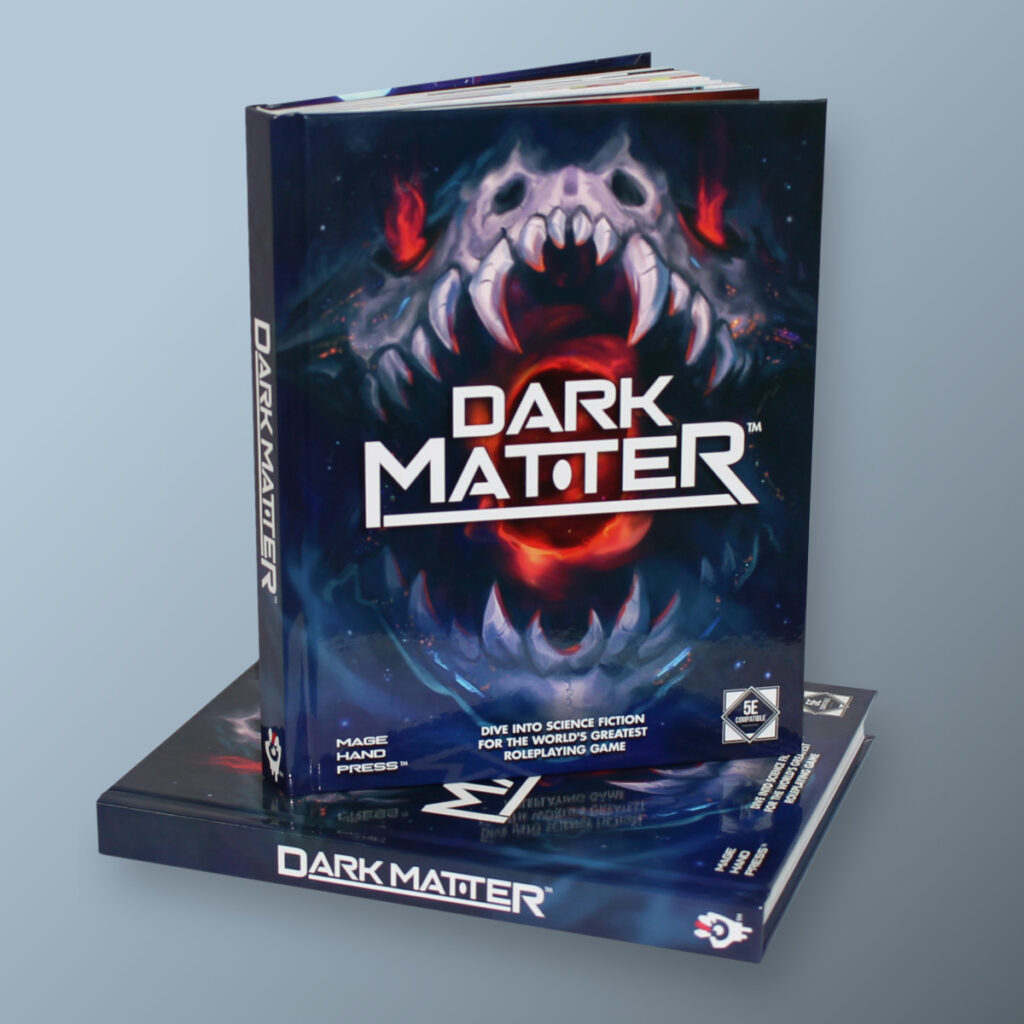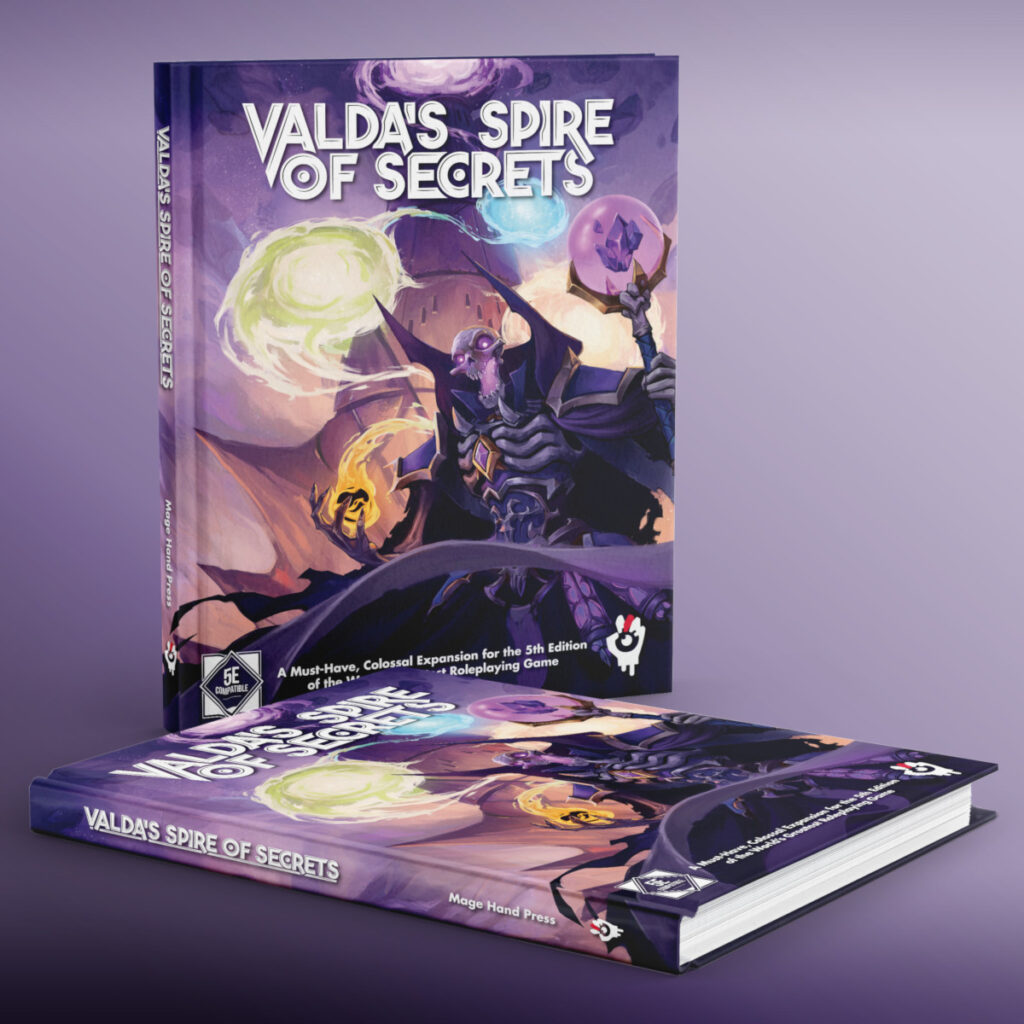*Takiskal, one of our most prolific new contributors, churned out these variant rules, which I think deserve a mention, especially if you want your game to play a little more like 3.5*
Variant Spellcasting
In earlier editions of D&D, all spells, including cantrips, were fueled by spell slots, and as a consequence, spellcasters needed to practice caution when expending even their lowest level spell slots. This spellcasting variant eliminates at-will spellcasting and the expanding power of cantrips, replacing them with the ability to cast lower level spells more often. The warlock, by contrast, remains largely unchanged with these modifications.
Full Spellcasters
Bard, Cleric, Druid, Sorcerer, Wizard
Cantrips. Your cantrips are cast using 0th level spell slots. You have a number of these slots equal to your spellcasting ability modifier (minimum 1) and you regain all expended spell slots when you take a short or long rest.
Additionally, cantrips do not deal additional damage at higher levels, unless cast using higher level spell slots. In this case, they deal an additional die of damage for each level above 0th.
Lesser Arcanum. When you reach 5th level, you recover expended 1st level spell slots when you take a short or long rest.
Greater Arcanum. When you reach 11th level, you recover expended 2nd level spell slots when you take a short or long rest.
Master Arcanum. When you reach 17th level, you recover expended 3rd level spell slots when you take a short or long rest.
Half Spellcasters
Paladin, Ranger
Lesser Arcanum. When you reach 9th level, you recover expended 1st level spell slots when you take a short or long rest.
Greater Arcanum. When you reach 17th level, you recover expended 2nd level spell slots when you take a short or long rest.
One-Third Spellcasters
Eldritch Knight, Arcane Trickster
Cantrips. Your cantrips are cast using 0th level spell slots. You have a number of these slots equal to your spellcasting ability modifier (minimum 1) and you regain all expended spell slots when you take a short or long rest.
Additionally, cantrips do not deal additional damage at higher levels, unless cast using higher level spell slots. In this case, they deal an additional die of damage for each level above 0th.
Lesser Arcanum. When you reach 13th level, you recover expended 1st level spell slots when you take a short or long rest.
Warlocks
Cantrips. All warlocks gain the cantrip eldritch blast at 1st level, which deals damage as normal. Other warlock cantrips do not deal additional damage at higher levels, unless cast using higher level spell slots. In this case, they deal an additional die of damage for each level above 0th.
Spell Slots. The warlock gains his 3rd spell slot at 5th level, his 4th spell slot at 11th level, and a 5th spell slot at 17th level.
Variant Spell Schools
The Player’s Handbook proposes the existence of 8 schools of magic in fantasy gaming worlds, to which each spell belongs. Except in the case of the wizard, the actual schools of spells pertain little to most characters and have very little influence on the game, since they don’t tangibly affect spellcasting. Therefore, those who dislike the established schools of magic can trade them out with the following 6 types of magic.
White Magic. This magic was taught to the mortal races by celestials, and as such it is magic that protects, heals, and banishes. It includes all the abjuration spells, as well as healing spells. Practitioners of white magic are often called abjurers or healers.
Elemental Magic. This magic is based on the elemental forces of the cosmos. It involves the manipulation of the elements to one’s own will. Elemental magic is the default ‘battle magic’, as it is most often employed to destroy one’s enemies. Practitioners of elemental magic are often called evokers or invokers.
Black Magic. This magic was taught to the mortal races by infernal fiends, and as such it is magic that summons dark creatures, curses others, manipulates necrotic energy, and raises the undead. It includes all the necromancy spells, as well as most summoning spells. Practitioners of black magic are often called warlocks or necromancers.
Glamour Magic. This magic was taught to the mortal races by the mischievous fey, and as such it is magic that tricks, fools, and bedazzles. It includes all the enchantment and illusion spells. Practitioners of glamour magic are often called enchanters or illusionists.
Natural Magic. This magic allows the spellcaster to communicate with and control animals and the land itself. It is believed to have originated from primordial entities of the land and was first practiced by ancient druidic circles. Practitioners of natural magic are often called druids or shamans.
Universal Magic. Certain spell do not belong to a thematic school. Such spells, like detect magic or locate creature are usually creations of magic-users themselves, and unlike the spell schools above do not have their roots in the contact with otherworldly entities.



